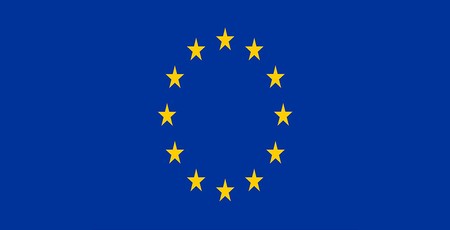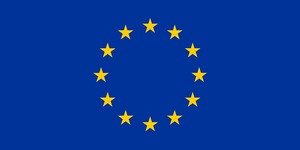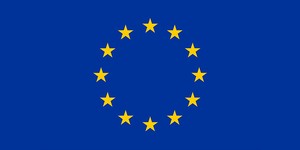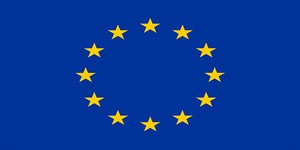EU finalises Copyright Directive verbiage
February 14, 2019 | 11:27
Companies: #electronic-frontier-foundation #european-council #european-parliament #european-union

The European Parliament and European Council have finalised the proposed European Union Copyright Directive with the controversial Articles 11 and 13 intact - and campaigners claim the deal is 'worse than any in the Directive's sordid history'.
The proposed new European Union Copyright Directive has been giving technology companies, privacy, and electronic freedom campaigners problems for quite some time now: Back in 2018 GitHub was among the companies warning against the proposals, in particular Articles 11 and 13 which introduce so-called 'link tax' and 'upload filters' requirements with the potential to have a serious chilling effect on everything from search engines to Wikipedia. The proposals, which campaign group the Electronic Frontier Foundation described as 'creating a censorship machine', were approved by the European Parliament's Committee on Legal Affairs (JURI) in June last year but voted down in July before being accepted in September. The European Council, though, rejected a negotiating mandate until aspects surrounding users' rights could be guaranteed.
Now, Member of the European Parliament for the pro-digital-freedom Pirate Party Julia Reda, an outspoken critic of the proposals, has confirmed that EU Copyright Directive has now been finalised. In her summary, Reda confirms that Article 11 and Article 13 are fully present - and, in the case of Article 11, extends beyond earlier efforts and removes limits that would have meant it only affected search engines and news aggregators.
'The EU has concluded its "trilogues" on the new Copyright Directive, striking a deal that - amazingly - is worse than any in the Directive's sordid history,' writes campaigner and outspoken copyright critic Cory Doctorow for the EFF. 'The Copyright Directive was always a grab bag of updates to EU copyright rules—which are long overdue for an overhaul, given that it's been 18 years since the last set of rules were ratified. Some of its clauses gave artists and scientists much-needed protections: artists were to be protected from the worst ripoffs by entertainment companies, and scientists could use copyrighted works as raw material for various kinds of data analysis and scholarship.
'Both of these clauses have now been gutted to the point of uselessness, leaving the giant entertainment companies with unchecked power to exploit creators and arbitrarily hold back scientific research. Under the final text, any online community, platform or service that has existed for three or more years, or is making €10,000,001/year or more, is responsible for ensuring that no user ever posts anything that infringes copyright, even momentarily. This is impossible, and the closest any service can come to it is spending hundreds of millions of euros to develop automated copyright filters. Those filters will subject all communications of every European to interception and arbitrary censorship if a black-box algorithm decides their text, pictures, sounds or videos are a match for a known copyrighted work. They are a gift to fraudsters and criminals, to say nothing of censors, both government and private.
'These filters are unaffordable by all but the largest tech companies, all based in the USA,' argues Doctorow, 'and the only way Europe's homegrown tech sector can avoid the obligation to deploy them is to stay under ten million euros per year in revenue, and also shut down after three years.'
There is still hope for a reprieve, however: 'The Parliament and Council negotiators who agreed on the final text now return to their institutions seeking approval of the result. If it passes both votes unchanged, it becomes EU law, which member states are forced to implement into national law,' Reda writes. 'In both bodies, there is resistance. Our best bet: The final vote in the plenary of the European Parliament, when all 751 MEPs, directly elected to represent the people, have a vote. This will take place either between March 25 and 28, on April 4 or between April 15 and 18. We’ve already demonstrated last July that a majority against a bad copyright proposal is achievable.
'The plenary can vote to kill the bill – or to make changes, like removing Articles 11 and 13. In the latter case, it’s up to the Council to decide whether to accept these changes (the Directive then becomes law without these articles) or to shelve the project until after the EU elections in May, which will reshuffle all the cards. It is up to you to make clear to your representatives: Their vote on whether to break the internet with Articles 11 and 13 will make or break your vote in the EU elections. Be insistent – but please always stay polite.'
More information on the campaign to block Articles 11 and 13 can be found on the dedicated website SaveYourInternet.eu.

MSI MPG Velox 100R Chassis Review
October 14 2021 | 15:04








Want to comment? Please log in.